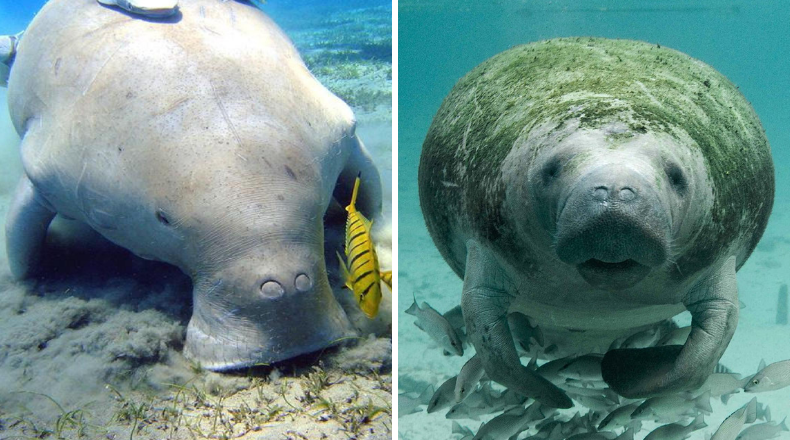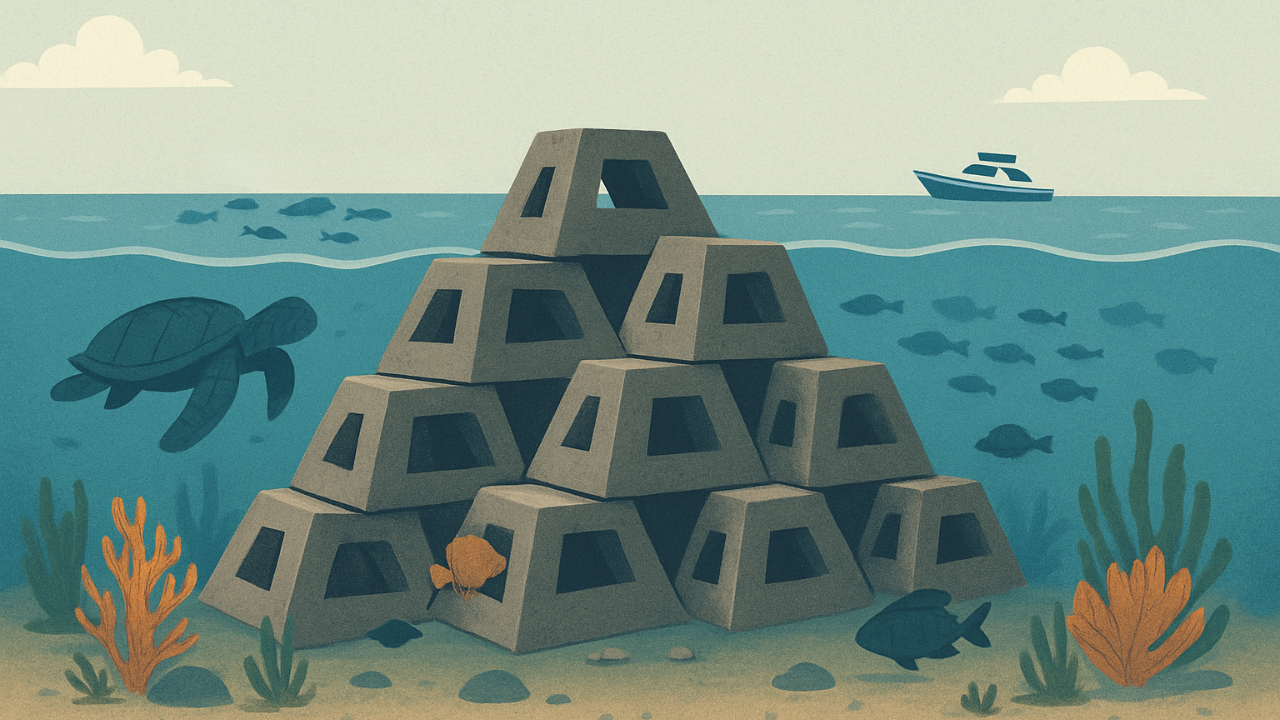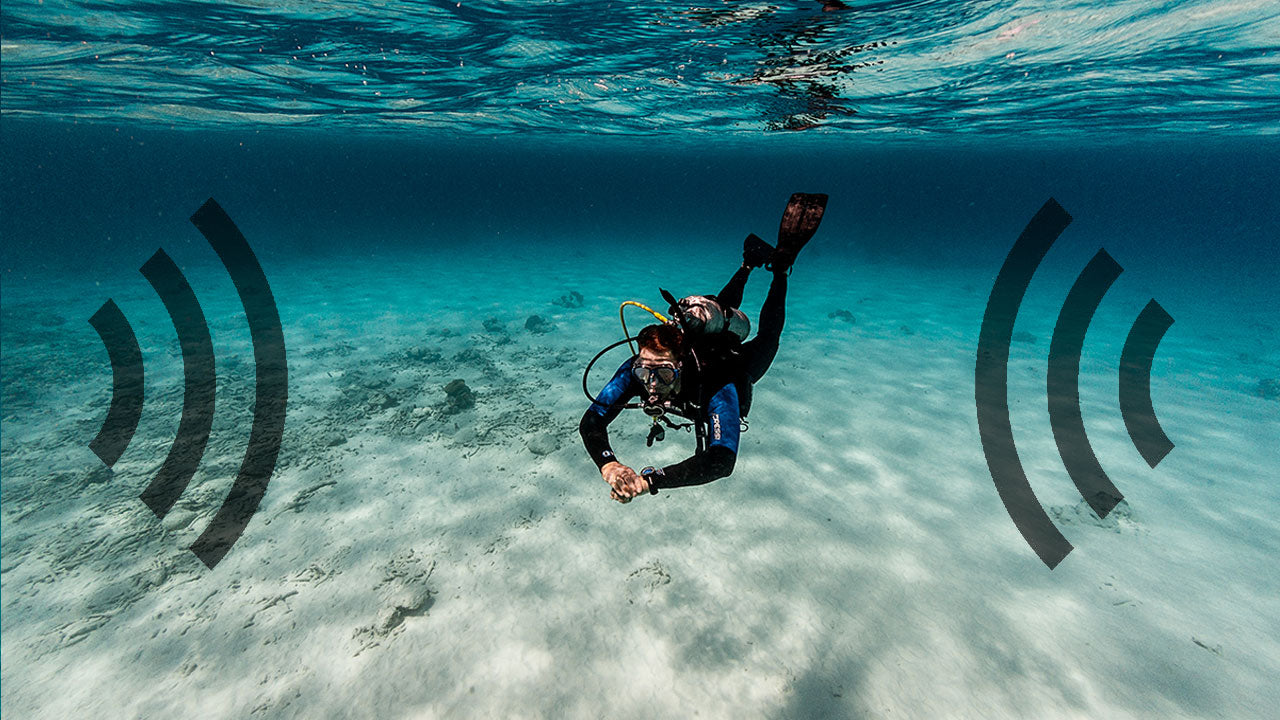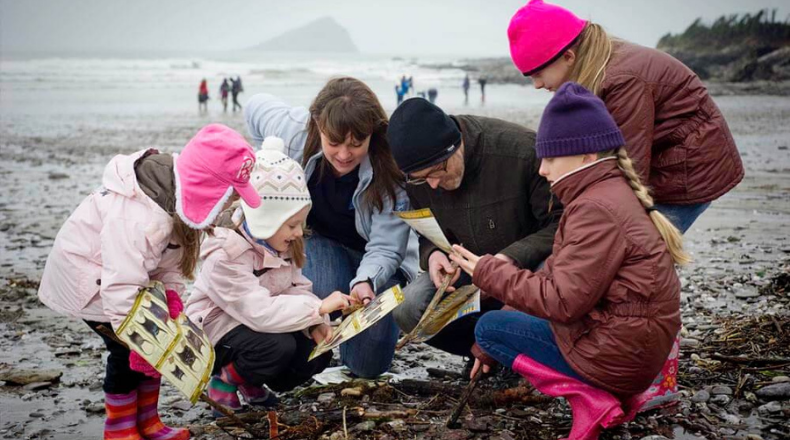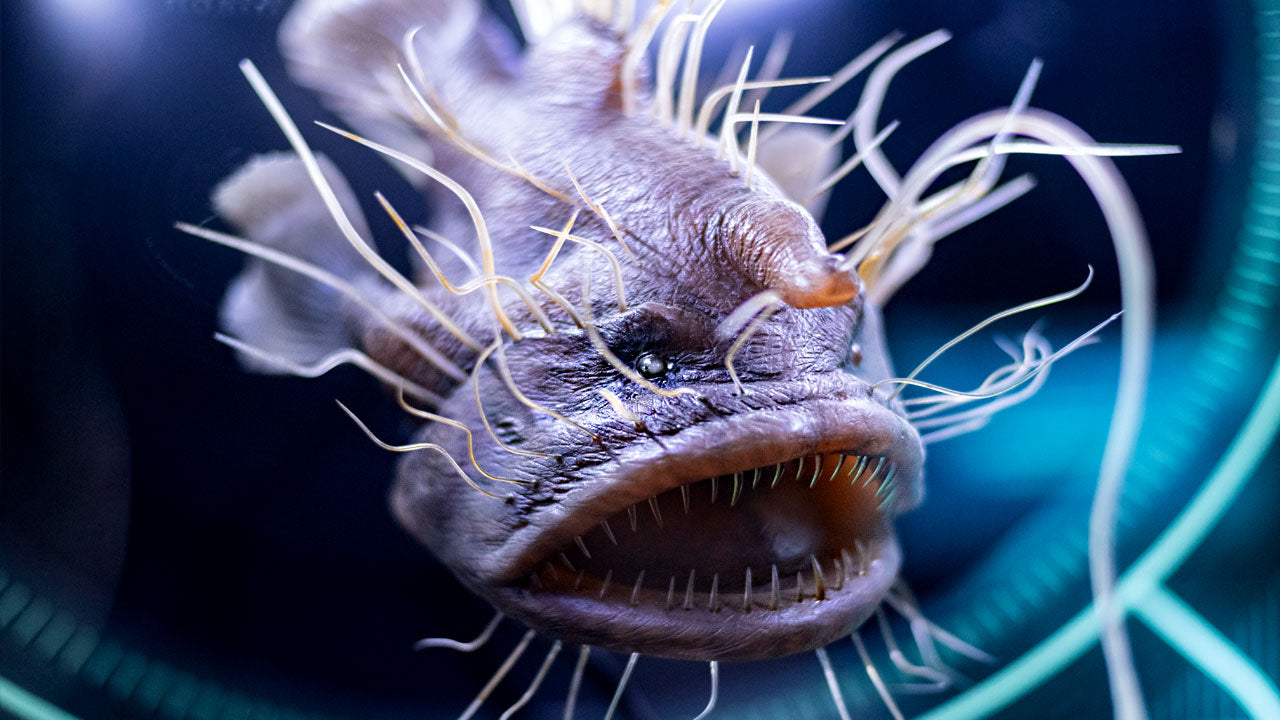Respect for the Manatees

Most divers consider an encounter with a marine mammal to be an otherworldly and magical experience. Manatees, for example, are among the most beloved animals that everyone tends to flock to. However, sometimes a desire to interact with them can put these charming creatures in danger. So it is important to follow a few simple guidelines to avoid harassing or disturbing the animals.
First and foremost, you should know that the West Indian manatee is an imperiled species and is protected by state and federal law. The Florida Manatee Sanctuary Act of 1978, states: "It is unlawful for any person, at any time, intentionally or negligently, to annoy, molest, harass, or disturb any manatee." Harassment is defined as any activity that alters the animal's natural behavior. By altering the manatee's natural behavior, you may create the likelihood of danger that is bad for the animal.
The following tips will not only guarantee a pleasurable experience for you, but will provide a peaceful atmosphere for the manatee as well:
1. Look, but don’t touch. Even if the manatee comes up to examine you, it is advised to avoid physical interaction. Passive observation is better for the long-term safety of the animals. If manatees become accustomed to being around people, they can alter their behavior in the wild, perhaps causing them to lose their natural fear of boats and humans, which may make them more susceptible to harm.
2. Keep all foreign objects away from the manatee. Never poke, prod or stab the animal.
3. Never feed manatees or give them water.
4. Respect the animals’ personal space and keep a fair distance away. Give manatees space to move.
5. Do not chase a manatee. This includes only taking as many pictures as the animal allows.
6. Do not place yourself between a manatee and the rest of the herd. Avoid isolating or singling out an individual manatee from its group and do not separate a cow and her calf.
7. Avoid excessive noise and splashing. If the site you visit allows in-water activities near manatees, use snorkeling gear and float at the surface of the water to passively observe manatees. The sound of bubbles from scuba gear or other devices may frighten manatees and cause them to leave the area.
8. Do not enter areas designated as "NO ENTRY-MANATEE REFUGE"

Where Can You Swim with Manatees in Florida?
If you want to see manatees in their natural habitat, a small area in King’s Bay, Citrus County Florida, known as Crystal River, is the place to go. Thanks to strict state and federal protections, it is illegal to approach or touch a wild manatee anywhere else in the state. Crystal River is a unique exception that allows visitors to see these wonderful creatures in real life. The manatees choose to live in this location during the cold winter months as springs warm the water to significantly higher temperatures than the Gulf of Mexico downstream.
By the way, all the pictures you see in this article were taken at Crystal River, specifically at Three Sisters springs.
You can learn more about the Crystal River National Wildlife Refuge on their website.
Having a chance to observe sea creatures in their natural surroundings is a very beautiful and humbling experience. Keep the above-mentioned tips in mind when you encounter manatees, and you will grant them the respect they deserve.
Learn more about the manatee habitat, social life, and their physical features, as well as how to distinguish the manatee from their close relatives, the dugongs, in the article below.

